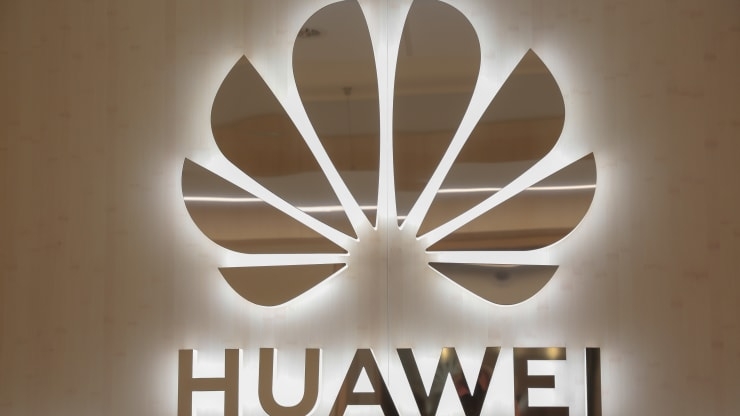Huawei hopes Google apps and services will be available through its own app store — a new idea for the company looking to attract users to its latest handsets without the licensed Android operating system.
Last year, Huawei was put on a U.S. blacklist known as the Entity List, which restricted American firms from doing business with the Chinese telecommunications company. Google was forced to stop licensing its Android mobile operating system to Huawei.
Two flagship smartphones — the Mate 30 and P40 — were released without licensed Google apps. That means that services such as Gmail or Google Maps were not pre-installed on the device.
This is not a big deal for Huawei in China where Google services are blocked and consumers don’t really use them. But in international markets, Huawei users have been using a fully licensed version on Android. The blacklisting caused a $10 billion shortfall in revenue in Huawei’s consumer division in 2019, Eric Xu, Huawei’s rotating chairman, told CNBC on Tuesday.
Huawei launched its own operating system called HarmonyOS last year which it said can work across multiple devices such as TVs and smartphones. But it has yet to put that operating system on any of its own handsets.
Instead, the recently launched P40 is using a so-called open source version of Android which is loaded with the Huawei AppGallery, the company’s own app store. It does not have the Google Play Store on it.
There are very few major apps in Huawei’s store and notable names like Facebook and Instagram are absent.
Since the blacklisting last May, Huawei has maintained that it would still like to use Google and all of its services on its smartphones. But with the future unclear, Xu has suggested a different strategy.
“We hope Google services can be available through our AppGallery, just like how Google services are available through Apple’s App Store,” he said in Mandarin, according to CNBC’s translation of his comments.
Google apps are available through Apple’s App Store even though its devices run a different operating system.
Google was not immediately available for comment when contacted by CNBC.
"Forbes Georgia-ის სარედაქციო ბლოგპოსტების სერია "როგორ გამდიდრდა“ და "საქართველო რეიტინგებში".














